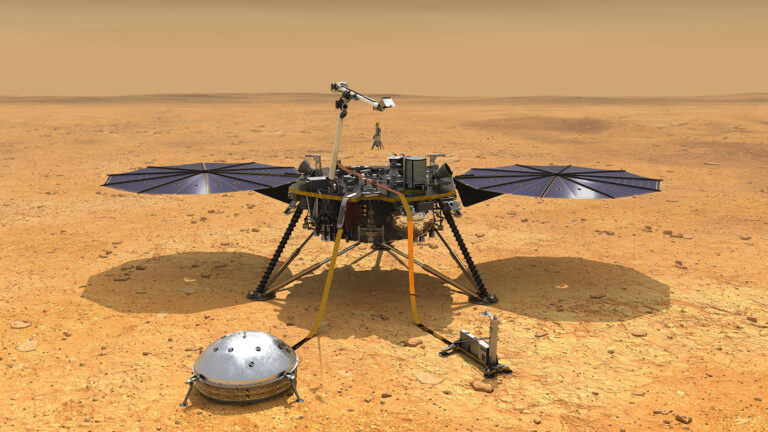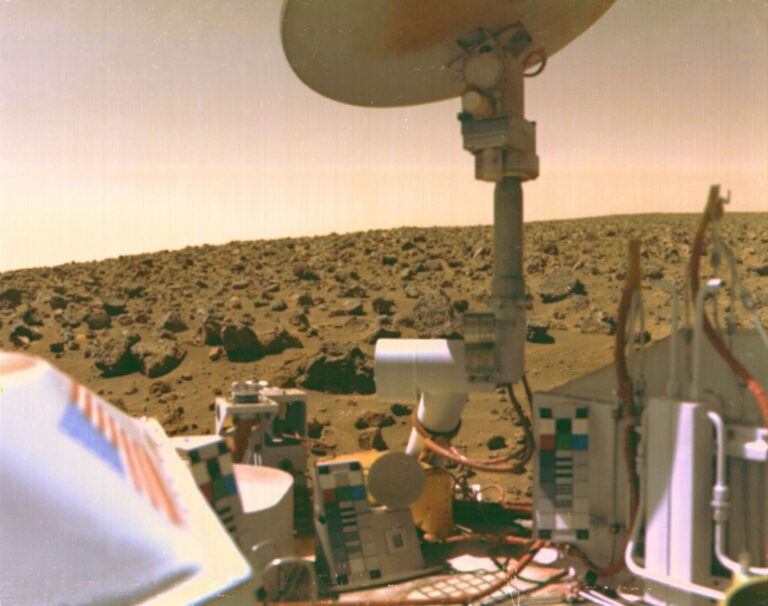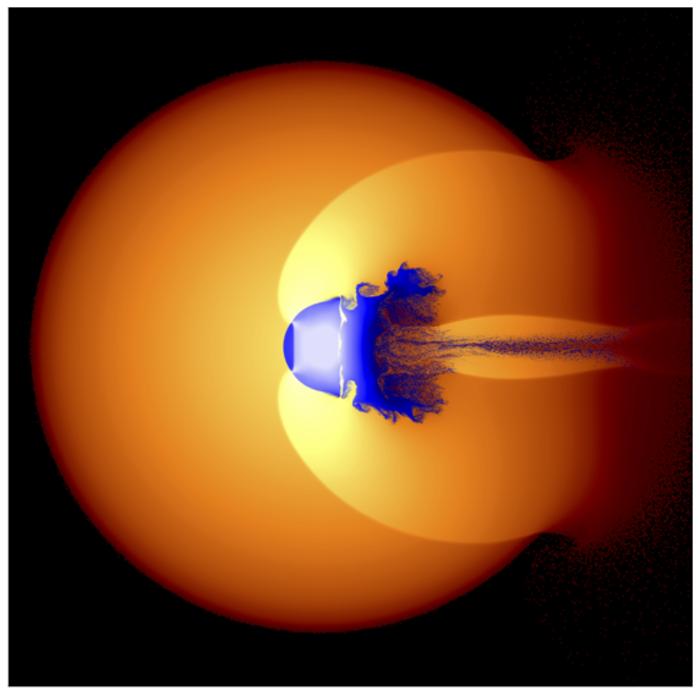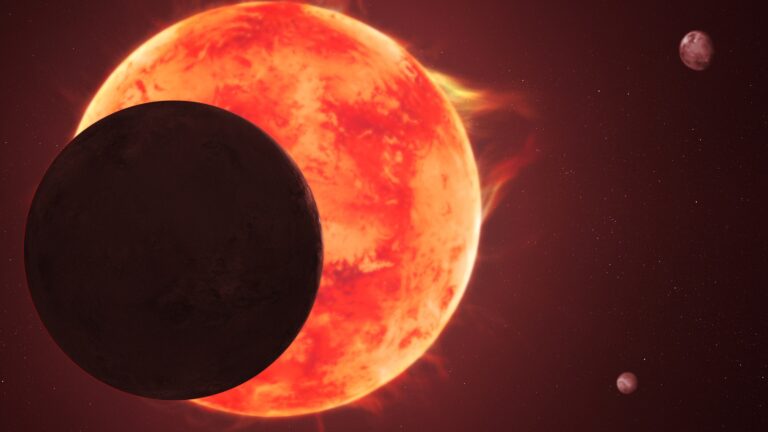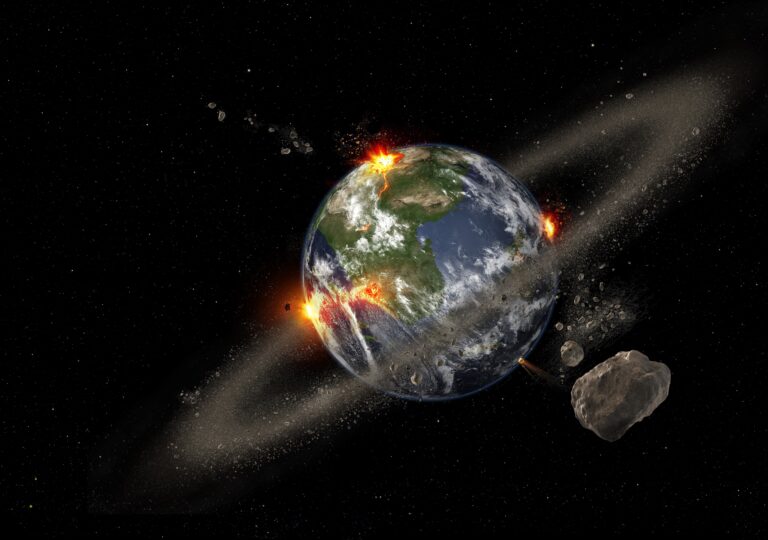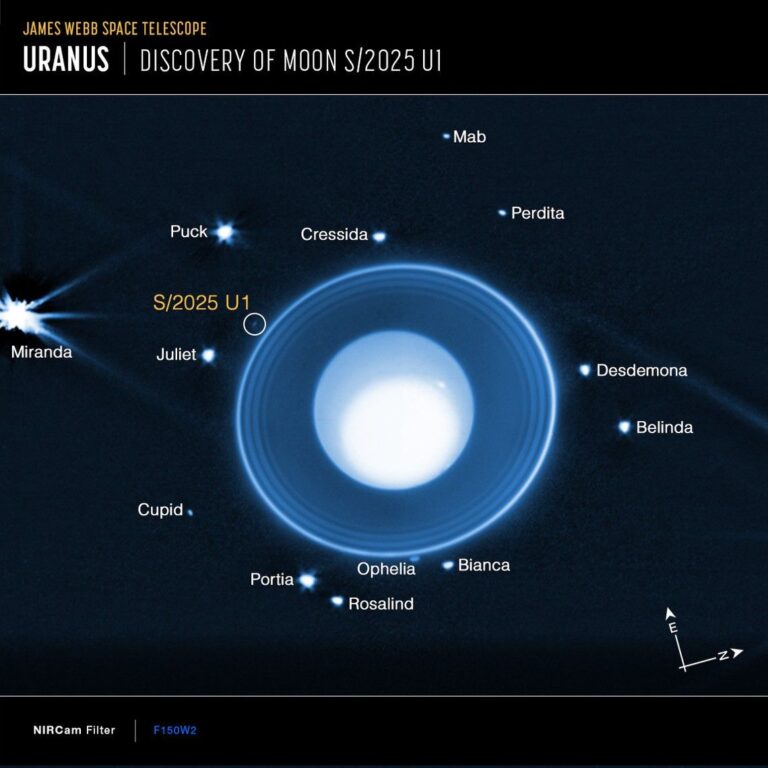Key Takeaways:
Now, new data from the Curiosity rover show that the planet’s waters were evaporating about 3.5 billion years ago. Curiosity found pockets of concentrated salts in rocks about 3.3 – 3.7 billion years old in Mars’ Gale Crater. This is evidence that a salty lake was evaporating from the surface around that time, scientists reported Monday in a new paper in Nature Geoscience.
Uncovering martian history
Curiosity is well suited to studying the evolution of Mars’ environment because of its access to Gale Crater. The crater formed when a meteor hit Mars at least 3.5 billion years ago, leaving a 100-mile-wide hole in the ground. The crater still exposes layers of rock hundreds of yards deep. The deepest rocks are the oldest, and higher rocks make up younger, more recently formed layers. So, Curiosity can analyze the chemical compositions of rocks and, in the process, document Mars’ history back at least 3.5 billion years. It’s a unique opportunity to study how a planet’s environment can change across billions of years.
Curiosity’s latest work shows that rocks in Gale Crater between about 3.3 and 3.7 billion years in age had pockets of sulfur-containing salts called sulfates. Older rocks that Curiosity analyzed didn’t have such concentrations of these salts. That leads scientists to believe this is evidence that a lake at Gale Crater was particularly salty around this time. The lake may have gotten saltier then because the waters were evaporating, leaving higher concentrations of salt behind. If true, it implies that Mars’ climate was changing and becoming drier around 3.5 billion years ago.
To William Rapin, a planetary scientist at Caltech and an author of the new study, the project is an exciting way to uncover Mars’ history and understand more broadly how planets and their environments evolve over time.
“Our geology and our understanding of planets’ climates is very Earth-centric,” Rapin says. “Mars has had its own fate, potentially very different than the Earth.”




